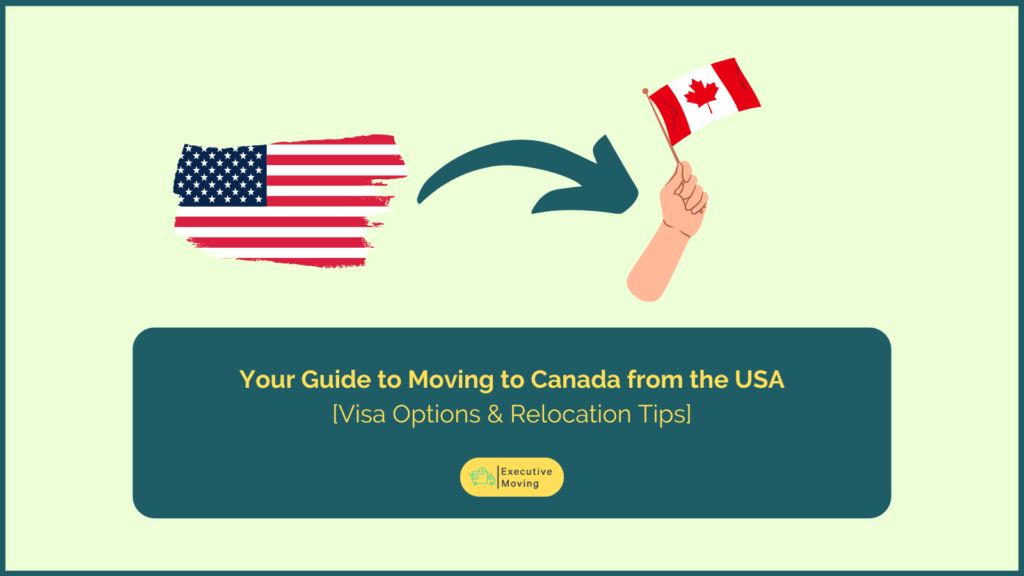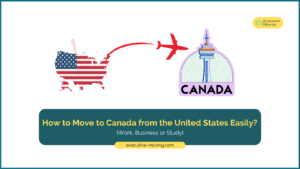
20 Ways to Save Money on Your Electricity Bill in Canada [You Can Easily Apply]
20 Ways to Save Money on Your Electricity Bill in Canada [You Can Easily Apply] Are you tired of watching your electricity bill climb higher every month? 😬 Staying connected, warm, and comfortable can get expensive in Canada, especially with our extreme seasons. But what if I told you there’s









